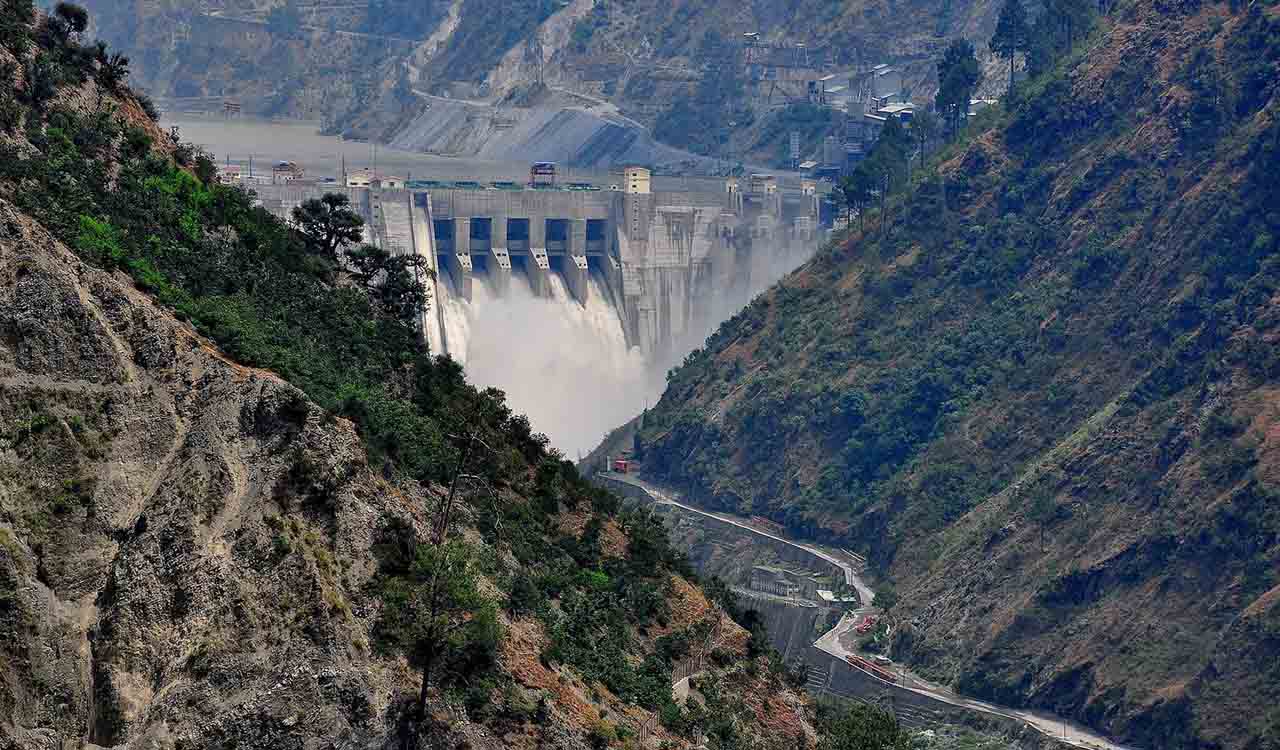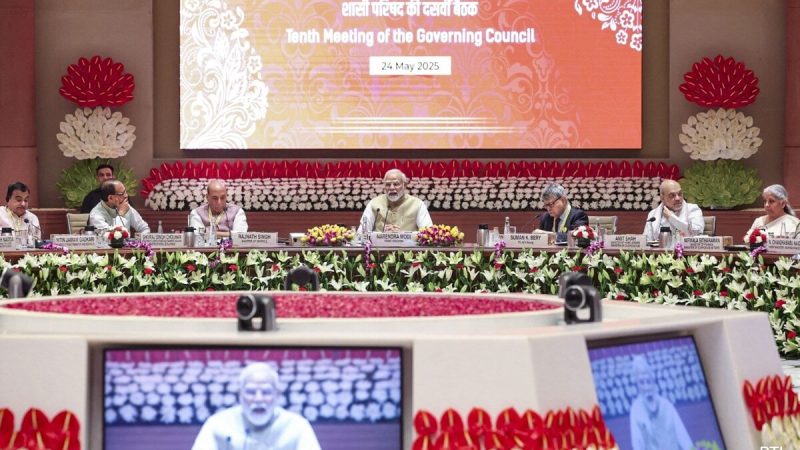Indus Waters Treaty: What the law says

The direct connection between terror act and the suspension of the Indus Waters Treaty falls in the grey areas of law
Published Date – 24 May 2025, 06:17 PM

By Palepu Krishna Vijay
On April 23, 2025, India announced that it will hold the Indus Waters Treaty, 1960 (IWT) in “abeyance” until Pakistan gives up promoting cross-border terrorism. This was in response to the gruesome terror attack in Pahalgam in which 26 people, mostly terrorists, were killed a day earlier. The IWT is a treaty signed by India and Pakistan to share the waters of the Indus and its tributaries.
According to Article II of the treaty, the Eastern rivers (Sutlej, Beas and Ravi) shall be available for the unrestricted use of India, while according to Article III, the Western rivers (Indus, Chenab and Jhelum) shall be available to Pakistan and India is obligated to let them flow. It is pertinent to note that India has used the word “Abeyance”. This has caused concern and raised several questions.
Vienna Convention on Law of Treaties
The Vienna Convention on the Law of Treaties, 1969, (VCLT) does not apply to IWT as India is not a signatory while Pakistan has signed but not ratified it. The International Court of Justice (ICJ) in various judgements held that VCLT is the codification of Customary International Law and the same is not subsumed into treaty law once a treaty has been signed but exists parallelly as held by the ICJ in Nicaragua v. United States.
In the North Sea Continental Shelf cases, the ICJ held that non-parties to the VCLT should also follow it. If argued that the IWT precedes the VCLT, the ICJ held that it still applies in the form of Customary International Law even if treaties have been signed preceding the VCLT, which is a source of law under Article 38 of the ICJ statute.
Unilateral Suspension
To make a state liable for the actions of a group of persons for wrongful acts under state responsibility, according to the ICJ in Nicaragua v. United States, it must be proved that they were acting under the directions of that state and there must be effective control proven. Though not easy to prove in this case, India can be confident that the same will be done by its government.
Coming to the word “abeyance”, it is pertinent that it has been done instead of “suspension”, “termination” or “withdrawal”. There is no legal backing for the unilateral suspension in the IWT. The only manner in which the treaty can be terminated is under Article XII, where a new treaty may be negotiated. The word “abeyance” does not have legal backing as such neither in the IWT nor in the VCLT. According to the Black’s Law Dictionary, abeyance means, “temporary inactivity; suspension”.
It may be argued that “abeyance” is being used in the sense of “suspension”. For the same to be done unilaterally, the VCLT provides for it under exceptional circumstances under Articles 60 (Material Breach), 61 (Impossibility of Performance) and 62 (Fundamental Change in Circumstances). In the instant case, it may be argued that unilateral withdrawal is being done under a fundamental change of circumstances. The question arises if cross-border terrorism constitutes a fundamental change in circumstances.
Pakistan may argue that the change that occurred must be in direct relation to the treaty and the Indus Waters, whereas we may argue that the fundamental change is due to an incessant threat to our national security which has disturbed the notion of cooperation, the basis for the IWT, VCLT or any treaty. It must be noted that the ICJ in the Gabčíkovo-Nagymaros Project case held that political changes do not constitute the basis for the withdrawal of obligations from the treaty.
Countermeasures
Under the Draft Articles of the International Law Commission (ILC) on State Responsibility, countermeasures are provided. According to Malcolm Shaw, a lawful measure taken by a state against another’s wrongful act is known as a countermeasure. It may be argued that abeyance is a form of countermeasure against the recent terror attack.
According to the ILC Commentary on the Draft Articles, the countermeasures taken should be directly connected to the wrongful act done. The direct connection between the terror act and the suspension of the treaty falls in the grey area. According to Judge Stephen M Schwebel in the Gabčíkovo case, the ILC’s works may influence the ICJ. In the same case, the ICJ held that violation of general international law in other cases may justify taking counter-measures but not termination of the treaty. Proportionality is mentioned under Article 51 of the Draft Articles. A pertinent question is raised, whether stoppage of water is proportional to the terror act?
Pakistan is largely an agricultural economy and is highly dependent on Indus waters. Stoppage of water may affect it during the sowing season. As reservoirs in India cannot hold large quantities of water for long, eventually water would necessarily be left to flow which may cause flooding, affecting the environment adversely in Pakistan.
In the Nuclear Weapons case, the ICJ held that the protection of the environment is an obligation of the States. “Abeyance” from the IWT by India creates a hindrance to water sharing. In the River Oder case, the Permanent Court of International Justice said the preferential privilege of one riparian state in the legal rights over rivers is excluded. Both environment protection and water sharing may be part of Customary International Law and may be argued to be a part of peremptory norms of General International Law (Jus Cogens).
Viable Solution
As said in United Nations Security Council Resolution 2249, terrorism in any form constitutes one of the most important threats to international peace and security; it cannot be tolerated. Counter-measure for the same is to strike back at the enemy. The measure of putting the IWT at abeyance is not a viable solution but escalates the matter.
After India’s “abeyance” of the IWT, Pakistan suspended the Shimla agreement of 1972. Water is an important resource and it is not a good decision for states to have politics over them as it would ultimately affect the common people. The IWT is the most successful treaty between both countries and its destruction is detrimental to both.
Another reason why India should be concerned is that the Indus and many other rivers do not originate here and a major question arises if tomorrow China holds the kill switch on our waters, what would be our fate? Our actions should set an example. Any deviation from international law would tarnish India’s image as a sincere law-abiding state. Both countries should resolve this issue through diplomacy and in a spirit of goodwill and friendship.

(The author is with Damodaram Sanjivayya National Law University, Visakhapatnam)






